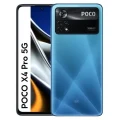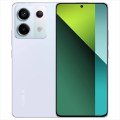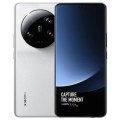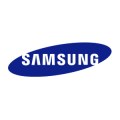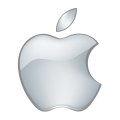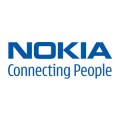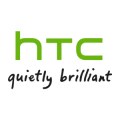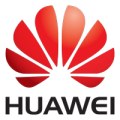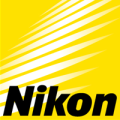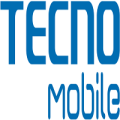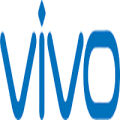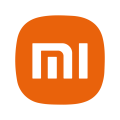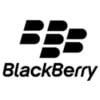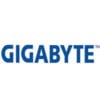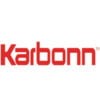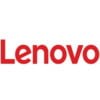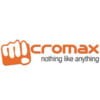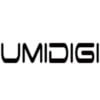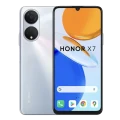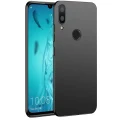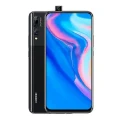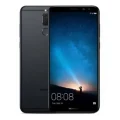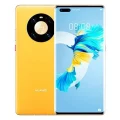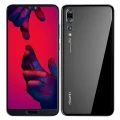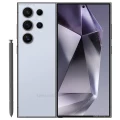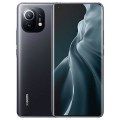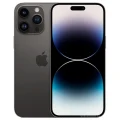- Awesome page
- Latest Mobile
- Unofficial
- Xiaomi Redmi Note 13 4G
Xiaomi Redmi Note 13 4G
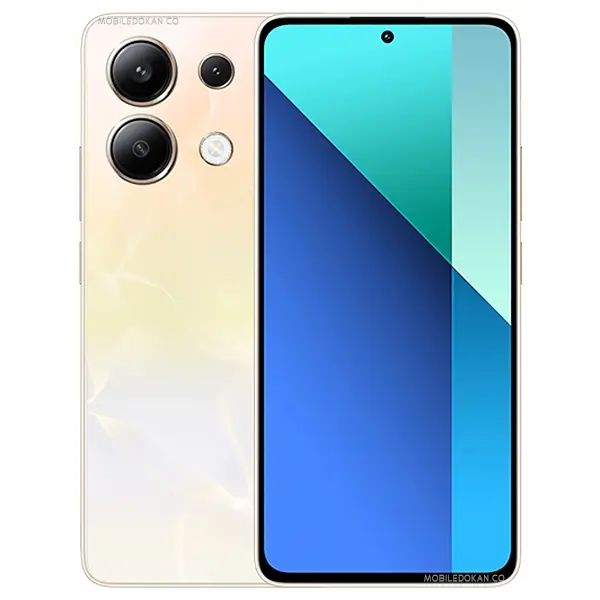

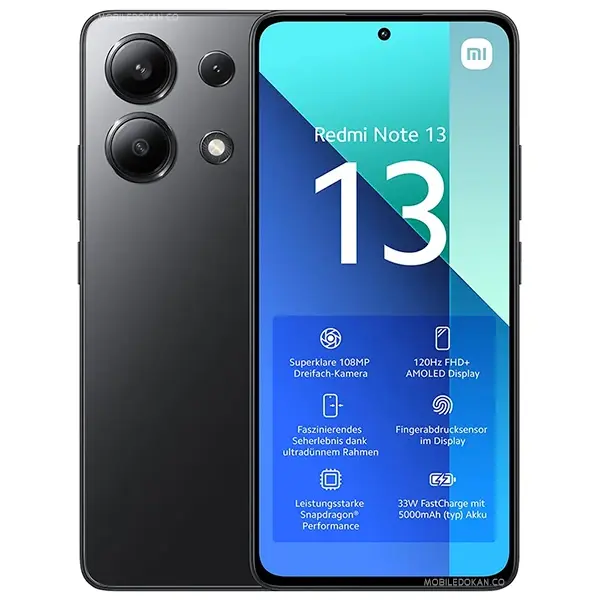
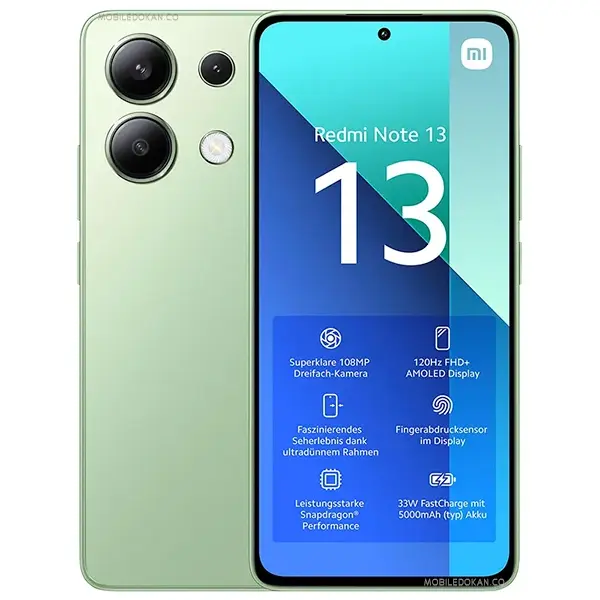

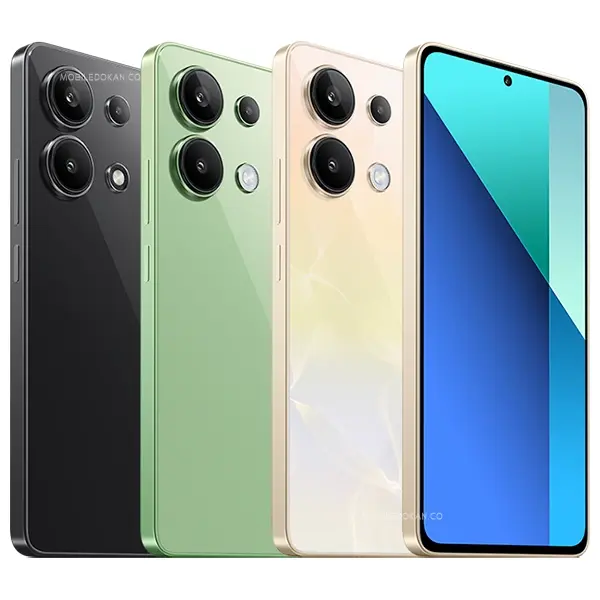
Pros
- Snapdragon 685 with 6/8GB RAM.
- Under display fingerprint unlock.
- AMOLED display with 120Hz.
- 108MP main camera, 16 MP selfie.
- 33watt charging and 5000mAh battery.
Cons
- Plastic back and body.
- 5G network not supported.
Specifications
General
| Model | Xiaomi Redmi Note 13 4G |
| Announced | 15-01-2024 |
| Released | 15-01-2024 |
| Status | Available |
| Official price | 22999 |
Design
| Dimensions | 162.3 x 75.6 x 8 mm (6.39 x 2.98 x 0.31 in) |
| Weight | 188.5 g (6.67 oz) |
| Colors |
Midnight Black, Mint Green, Ice Blue, Ocean Sunset |
Network
| 2G Network |
GSM 850 / 900 / 1800 / 1900 - SIM 1 & SIM 2 |
| 3G Network |
HSDPA 850 / 900 / 1700(AWS) / 1900 / 2100 |
| 4G Network |
LTE (unspecified) |
| GPRS <strong>GPRS</strong> (General Packet Radio Service) is a packet oriented mobile data service on the 2G and 3G cellular communication system's global system for mobile communications (GSM), Generally, GPRS is used for the purpose of wireless data transfer, such as sharing pictures and videos or browsing the Internet via a mobile phone connection. | |
| EDGE <strong>EDGE</strong> (Enhanced Data GSM Environment) is a wireless network technology generally considered the next step in the 2G network offers data transfer rates up to four times faster than ordinary GSM networks, Generally, EDGE is used for the purpose of wireless data transfer, such as sharing pictures and videos or browsing the Internet via a mobile phone connection. | |
| Speed | HSPA, LTE-A |
Display
| Display Type <strong>Display Technology => </strong> A number of display technologies and types used in mobile phones => TFT (Thin Film Transistor), IPS (In-Place Switching), OLED (Organic Light Emitting Diode), AMOLED (Active-Matrix Organic Light-Emitting Diode), Super AMOLED (an even advanced version of AMOLED), Resistive Touchscreen (Resistive touchscreens contain two layer of conductive material with a very small gap between them which acts as a resistance), Capacitive Touchsceen (Capacitive touchscreen technology consists of a layer of glass coated with a transparent conductor) | AMOLED capacitive touchscreen, 16M colors |
| Size | 6.67 inches, 107.4 cm2 (~87.5% screen-to-body ratio) |
| Resolution | 1080 x 2400 pixels, 20:9 ratio (~395 ppi density) |
| Features |
120Hz, 1800 nits (peak) |
Camera
| Camera Features |
LED flash, HDR, panorama |
Hardware
| Chipset <strong>Chipset</strong> is a group of integrated circuits designed to perform one or a more dedicated functions, often with real time computing constraints, Popular smartphones are equipped with more advanced embedded chipsets that can do many different tasks depending on their programming. | Qualcomm SM6225 Snapdragon 685 (6 nm) |
| CPU <strong>CPU</strong> (Central Processing Unit) mostly known as processors, CPU processes instructions in order to carry out certain functions that make your device operate properly. Processors are often described as the brain of computers, smartphones and tablets, Smartphones and tablets rely on processors to carry out their every task, Processors are an incredibly important factor in selecting any type of computing device, including your smartphone. | Octa-core (4x2.8 GHz Cortex-A73 & 4x1.9 GHz Cortex-A53) |
| GPU <strong>GPU</strong> (Graphics Processing Unit) is a single-chip processor designed to rapidly manipulate and alter memory to accelerate the creation of images in a frame buffer intended for output to a display, This includes things such as lighting effects, object transformations, and 3D motion. | Adreno 610 |
| RAM (Memory) <strong>RAM</strong> (Random Access Memory) is a type of computer memory that can be accessed randomly, any byte of memory can be accessed without touching the preceding bytes that allows information to be stored and accessed quickly from random locations. RAM is the most common type of memory found in computer systems, smartphones, tablets and other electronic devices. | 6/8 GB |
| Internal Storage <strong>Internal Storage</strong> is a data storage space (flash memory) mostly used in smartphones, tablets and other electronic devices where operating system, apps, music, photos, videos, files and other user data Is stored. | 128/256 GB UFS 2.2 |
| Sensors <strong>Sensors</strong> are electronic components that detects and responds to some type of input from the physical environment. The specific input could be light, heat, motion, moisture, pressure and location, The output is generally a signal that is converted to use in computing systems, a location sensor, such as a GPS receiver is able to detect current location of your electronic device. |
Fingerprint (under display, optical), accelerometer, gyro, proximity, compass |
Connectivity
| Bluetooth <strong>Bluetooth</strong> is a wireless communications technology for exchanging data between mobile phones, headsets, computers and other network devices over short distances without wires, Bluetooth technology was primarily designed to support simple wireless networking of personal consumer devices. | 5.1, A2DP, LE |
| Infrared <strong>Infrared</strong> connectivity is an old wireless technology used to connect two electronic devices. It uses a beam of infrared light to transmit information and so requires direct line of sight and operates only at close range. | |
| USB | USB Type-C 2.0, OTG |
| GPS <strong>GPS</strong> The Global Positioning System is a satellite-based radio navigation system, GPS permits users to determine their position, velocity and the time 24 hours a day, in all weather, anywhere in the world, In order to locate your position, your device or GPS receiver must have a clear view of the sky. | GPS, GLONASS, GALILEO, BDS |
| NFC <strong>NFC</strong> (Near field communication) is a set of standards for smartphones and similar devices to establish peer-to-peer radio communications with each other by touching them together or bringing them into proximity, usually no more than a few inches. |
Battery
| Battery Type <strong>Battery Type => </strong> Cell phones run on various kinds of batteries depending on the manufacturer, phone size or shape and features. There are basically four types of cell phone batteries => Lithium Polymer, Lithium Ion, Nickel Metal Hydride and Nickel Cadmium. | Non-Removable Li-Po |
| Capacity <strong>Battery Capacity</strong> is a measure (typically in Amp-hr) of the charge stored by the battery, and is determined by the mass of active material contained in the battery. The battery capacity represents the maximum amount of energy that can be extracted from the battery under certain conditions. | 5000 mAh |
| Charging Charging | 33W wired, 50% in 29 min, 100% in 70 min (advertised) |
Xiaomi Redmi Note 13 4G Price in Bangladesh
The Xiaomi Redmi Note 13 4G is currently available in two variants offering either 128GB or 256GB of storage paired with 6GB or 8GB of RAM. Priced at 22,999 Taka in Bangladesh, the Redmi Note 13 4G features a robust 5000mAh battery with 33W fast charging support. Operating on Android 13, this device is powered by the Qualcomm SM6225 Snapdragon 685 chipset built on a 6nm architecture.
| Model | Xiaomi Redmi Note 13 4G |
| Price | BDT. 22,999 |
| Display | 6.67″ 1080×2400 pixels |
| RAM | 6/8 GB |
| ROM | 128/256 GB |
| Released | 2024, January |
Your Questions and Our Opinion about the Redmi Note 13 4G
What questions might you have about this phone? Let’s address them. Here are some key questions and answers about the Xiaomi Redmi Note 13 4G:
- When was it released?
- The release date of the Xiaomi Redmi Note 13 4G is not specified in the provided information.
- What are the available variants?
- The Redmi Note 13 4G comes in two variants: 128GB/6GB RAM and 256GB/8GB RAM.
- What is the price of the Xiaomi Redmi Note 13 4G?
- The price of the Xiaomi Redmi Note 13 4G is 22,999 Taka in Bangladesh.
- How large is the battery, and does it support fast charging?
- The Redmi Note 13 4G is equipped with a substantial 5000mAh battery with support for 33W fast charging, ensuring quick and convenient charging.
- Which operating system does it run on, and what chipset does it use?
- It operates on Android 13 and is powered by the Qualcomm SM6225 Snapdragon 685 chipset, providing efficient performance.
Reasons to Consider Buying
The Xiaomi Redmi Note 13 4G offers several compelling reasons for potential buyers to consider:
- Ample Storage and RAM: With options for up to 256GB of storage and 8GB of RAM, users have sufficient space for storing files and running multiple apps simultaneously.
- Long Battery Life and Fast Charging: The device boasts a sizable 5000mAh battery, ensuring extended usage time, coupled with 33W fast charging for rapid replenishment of battery life.
- Latest Android Version: Running on Android 13, users can enjoy the latest features, enhancements, and security updates offered by the Android operating system.
- Reliable Performance: Powered by the Qualcomm Snapdragon 685 chipset, the Redmi Note 13 4G delivers reliable and efficient performance for everyday tasks, gaming, and multimedia consumption.
Verdict
In conclusion, the Xiaomi Redmi Note 13 4G presents a compelling option for users seeking a feature-rich smartphone at an affordable price point. With its generous storage and RAM options, long-lasting battery life, fast charging capabilities, and reliable performance, it caters to the diverse needs of users across various usage scenarios. Overall, the Redmi Note 13 4G stands out as a competitive choice in the mid-range smartphone market.
